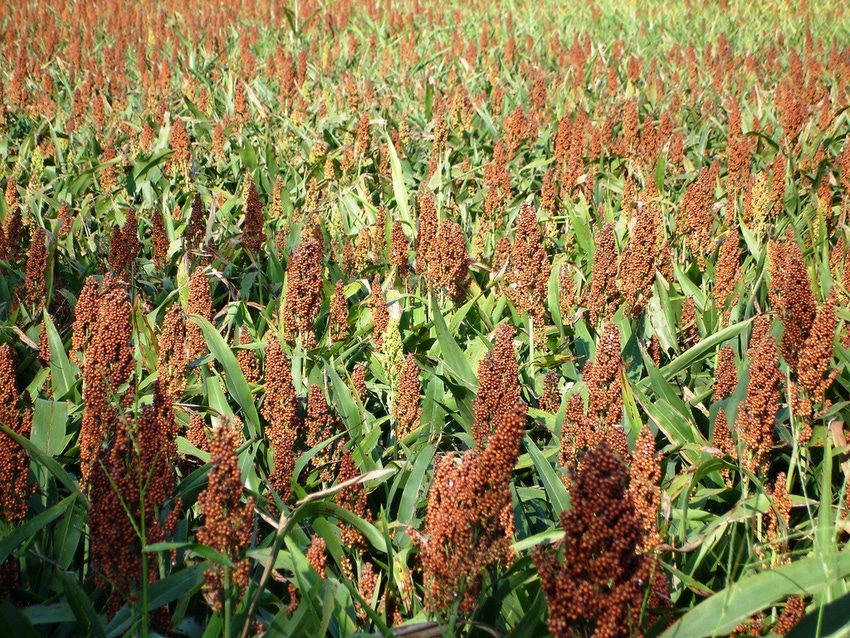May 23, 2019

It was just over a year ago, in April 2018, that my predecessor opened this column by invoking King Solomon’s Ecclesiastes exhortation to plant regardless of wind and clouds in hopes of harvesting a crop in the fall. At the time, the Chinese Ministry of Foreign Commerce had just levied a preliminary 178.6% tariff on U.S. sorghum and closing our largest market.
A year later, we’re still effectively shut out of this market alongside many other U.S. agricultural commodities. To make matters worse, the weather has been wholly uncooperative in many areas of farm country so far in 2019.
I have a day job and receive a paycheck apart from my limited farming interests, so I won’t claim to completely understand the magnitude of the pain farmers are currently experiencing, but I think Chris’ advice to pursue opportunity in the face of proverbial wind and clouds is just as applicable this year as it was last year. While the China trade situation hasn’t improved, there are countless other markets that offer similar opportunities for U.S. agriculture. And, as I write about often, long-term cultural and economic trends in China virtually guarantee the nation will one day re-emerge as our top trading partner.
Until then, what can be done? I’m glad you asked. First, as we have for over a year now, we continue to communicate with our customers and friends in China. Our partnership with them over the past six years has been nothing short of revolutionary for the sorghum industry, so we must seek other end users, such as baijiu production.
With over one billion gallons consumed annually, baijiu is the world’s most popular spirit, and the strong liquor is largely produced from sorghum. A representative of Chinese grain company Jun Jie, the single-largest buyer of sorghum on Earth, joined our podcast in February and stated baijiu production represents an additional 59-million-bushel opportunity for U.S. sorghum farmers. To put this into perspective, in 2018 the entire state of Texas produced 62 million bushels of sorghum. We look forward to taking advantage of these opportunities as soon as trade tensions ease.
Moving beyond China but staying in Asia, we see incredible potential in completely out-of-the-box end-use areas. For example, we’ve worked for years on aquaculture — yes, fish food — opportunities here in the U.S., but lately the most promising aquaculture markets are in Southeast Asia.
There are other prospective spirit-producing customers in the region, as well, and we’re also attracting attention from pet food manufacturers. While pet ownership in Asia is still less common than it is in other regions, a rapidly growing share of households are welcoming furry friends, and with them a need for pet food. As with diets that are seeing an increasing share of their calories derived from protein, this growth means new demand that didn’t exist previously — in contrast to the rearranging of world balance sheet deck chairs that sometimes occurs with international promotion of U.S. agricultural commodities.
Speaking of improved diets, we’re also working hard to maintain and strengthen our historical role in the food aid space. While bulk commodity food aid is a key demand-driver for U.S. sorghum, formulations designed specifically to address common health needs in African countries represent new, high-value opportunities, so the industry has placed added emphasis on perfecting and promoting these formulations over the past few years. In addition to creating demand, pursuing these opportunities enables us to serve those less fortunate than we are.
I think this is a fruitful exercise — especially when we’re faced with our own challenges as we are today.
Duff is a strategic business director for National Sorghum Producers. He can be reached by email at [email protected] or you can find him on Twitter @sorghumduff.
About the Author(s)
You May Also Like






